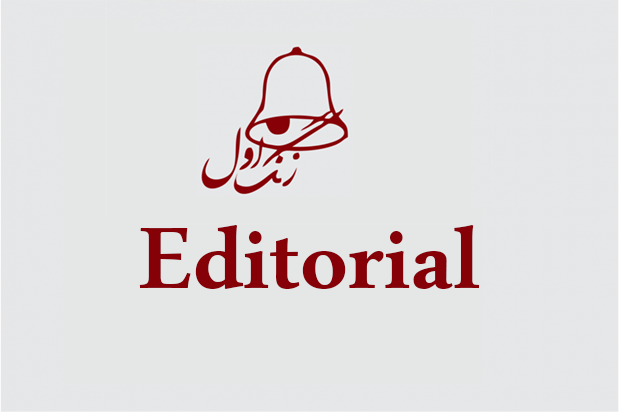According to reports received from Doha over the past two days, Qatar has been selected as the “facilitator” of the Intra-Afghan peace talks. The decision was announced by the representatives of both sides at the time of Zalmai Khalilzad’s visit to Doha. Khalilzad left for Doha last week to persuade the government and Taliban representatives to continue talks.
The Intra-Afghan peace talks began on September 12, hosted by Qatar. Representatives of the government and the Taliban had a disagreement over the negotiation procedure before entering the main talks, and as a result, the preliminary talks came to a standstill. Thus, the two sides, under the pressure of public opinion on the one hand and the United States on the other, needed to break this deadlock in the preliminary negotiations by choosing a facilitator. After much discussion, Qatar was chosen as facilitator of the Intra-Afghan peace talks with the agreement of both parties.
The Emirate of Qatar has already acted as mediator in the internal conflicts of many countries, including the conflicts in Sudan’s Darfur region and between the Palestinian groups Fatah and Hamas. Qatar also supported the Arab Spring uprisings in countries such as Libya and Syria. This small country with a population of just over two and a half million people, by playing these roles, has sought to appear as an active player in world affairs.
Qatar was reportedly the Taliban’s choice for facilitating the Afghan peace talks. It has a history of being affiliated with the Taliban and is the only country in the world to host the group’s political bureau. Qatar did not recognize Taliban rule in Afghanistan from 1996 to 2001. However, after the fall of the Taliban regime, the country became the second home of Taliban members and leaders, as it did not impose international sanctions and punishments, and allowed them to live in peace there. As a result, Qatar is of particular importance to the Taliban in facilitating negotiations.
On the other hand, Qatar’s relationship with the United States is a close and long one. The beginning of diplomatic relations between the two countries dates back to the 1970s, and these relations later extended to economic and military cooperation. Qatar also hosts a US military base in addition to supplying them oil. For this reason, Qatar also hosted several rounds of the US-Taliban talks. For this reason, there can be no doubt that the Americans also played a key role in the choice of Qatar as facilitator of the Intra-Afghan peace talks.
As for diplomatic relations between Afghanistan and Qatar, these do not have a long history. The Qatari embassy in Kabul was opened for the first time in 2019, while the Afghan embassy in Doha has been active for several years. Aside from issues relating to peace, Qatar previously worked with Afghanistan on a rare bird breeding program in the western province of Farah. This was conducted by a Qatari company called “Al-Gharafah.”
Given these issues, at this stage, it is very important that the facilitating role of Qatar in the Intra-Afghan peace negotiation process be clearly defined and publicized. So far, we only know that Qatar has been selected as a facilitator for the Intra-Afghan peace talks, but the extent of its facilitating role is still unclear. This ambiguity helps reassure Afghan public opinion about Qatar’s neutral and facilitating role.
Still, it should be emphasized that the peace talks in Qatar are an Intra-Afghan process. The role played by the host country in this regard should in no way overshadow the principle of the Intra-Afghan nature of these negotiations. For the Qataris, it is enough for this role to be limited to providing the only platform for the continuation of the negotiations without interfering in its content. Assigning any other role to them could damage the authenticity of the negotiations as being Afghan.












